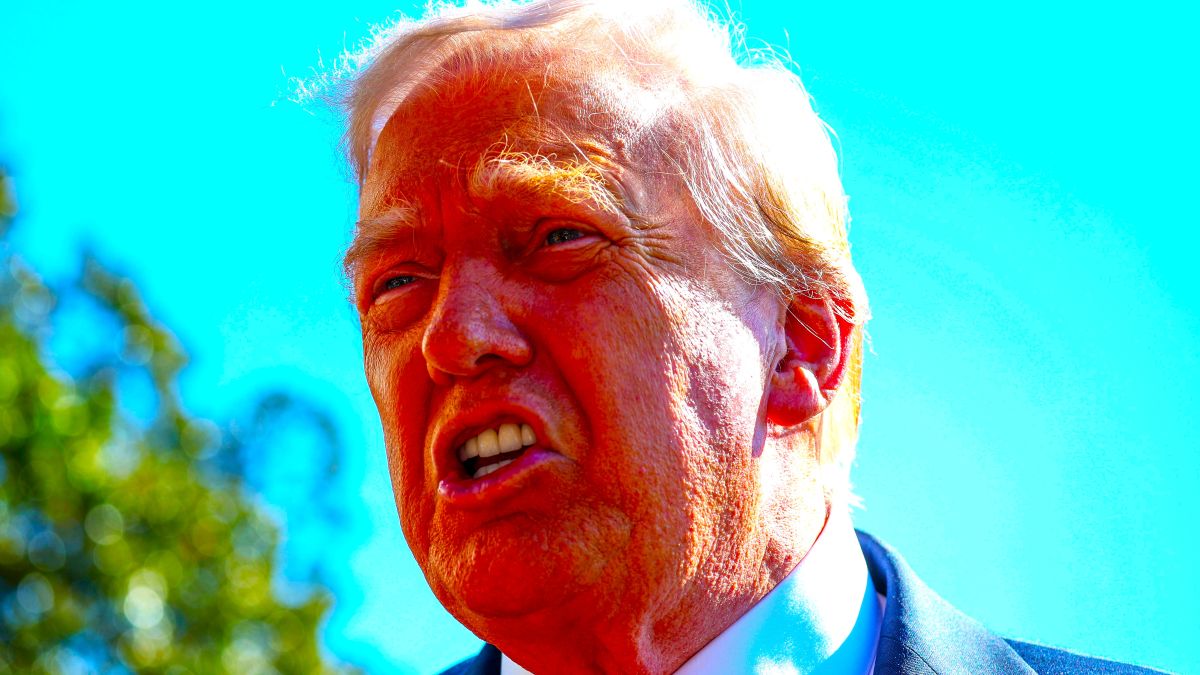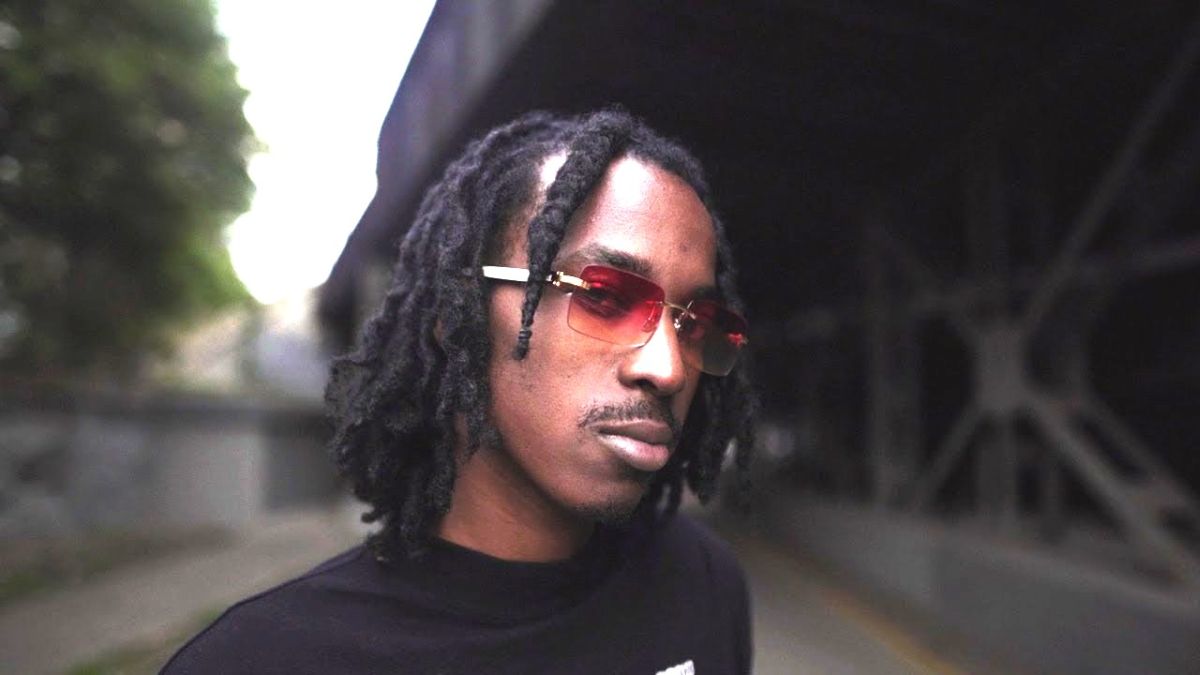While, for most men, Donald Trump’s victory in the 2024 election may not bring a sense of existential dread, the same cannot be said for most women. For instance, and especially now, women tend to have a more down-to-earth perspective on all the ramifications of what it means to bring a child into this world whereas men, as this TikToker explains, tend to be more infatuated with the abstract notion of having children than the real deal.
Kat, who goes by @jellyroots on the social media platform, makes a succinct but poignant point on how “men want kids the way kids want a dog.” In under 2 minutes, and illustrating with her personal example, Kat demonstrates how she made her boyfriend – now ex – realize that he did not want kids, at least as much as he believed he did. And, it is clear from the countless comments sharing their own stories, that her anecdote and explanation resonated with quite a few people.
“What legacy?”
As Kat points out, men – some women too, don’t get me wrong – are far more enamored with the idea of having kids – or, as the TikToker puts it, with the idea of a “legacy” – than the reality of what being a caregiver involves. She recounts how she impelled her long-distance ex to have an ‘Eureka!’ moment, in which he realized that his desire for peace and quiet after work would be gravely at odds with bearing the responsibilities of a parent.
To get a little more in-depth into Kat’s very well-put and concise argument, let’s reference two great minds of the past: Arthur Schopenhauer, a German philosopher, and Charles Darwin, an English biologist. Although they look upon the subject through the lenses of different disciplines, their opinions on love and reproduction have some interesting elements of convergence.
Schopenhauer did not have the most optimistic view of love – or most other topics – he perceived it as a biological (and metaphysical) motivator to compel human beings to continue the species. Furthermore, he sustained this view by arguing that one’s fear of death is mainly driven by the prospect of “the end of the individual,” resting on one’s egotistical wish to “endure through endless time.”
On the other hand, Darwin perceived love as playing both a reproductive as well as a social role integral to humans’ survival and welfare. These two scholars intersect in their perspectives on how love and the desire for procreation are tied to biological imperatives. Therefore, it is natural to possess the desire to have kids. However, it can also be natural to reevaluate that desire when we clash with the cognitive dissonance of what it actually means to bear the heavy responsibility and spirit of self-sacrifice that becoming a parent entails.
Kat’s short and sweet example struck a chord with quite a few netizens, many of whom were inspired to share their own: “My dad admitted that he only had kids because he thought that’s what he was supposed to do, but that he never actually wanted them. We could definitely tell,” wrote one. Another, a man, remarked: “I’m a dad and I took my daughter to occupational and feeding therapy twice a week for over 6 months. I saw 1 grandfather and 1 father other than myself. both were only there as backups.”
All this is not to take aim at men but to bring some perspective to people – of any gender – who may not have gotten enough of a taste of a 24/7 caregiver’s reality. Like the dad in the latter comment, many men are well aware of what it means to be a father and are exemplary in fulfilling their role. Kat’s convincing anecdote should only serve as a reality check for those who still haven’t grasped that raising a child “is the biggest undertaking of your LIFE.”











Published: Nov 27, 2024 11:56 am